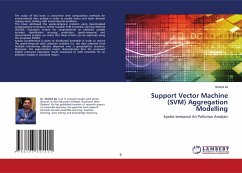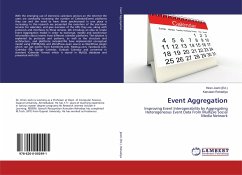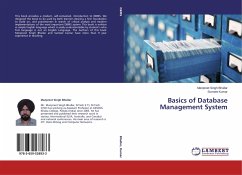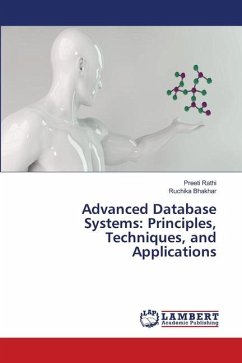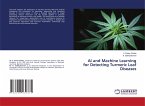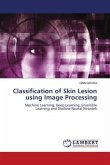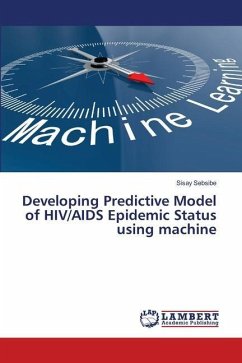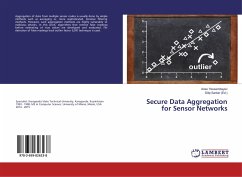The study of this book is concerned with computation methods for environmental data analysis in order to enable better and faster decision making when dealing with environmental problems. This book addressed the spatio-temporal problem using decentralized computational technique named Scalable SVM Ensemble Learning Method (SSELM). Evaluation criteria for computational air pollution analysis includes: classification accuracy, prediction, spatio-temporal and decentralized analysis, we assert that these criteria can be improved using the proposed SSELM. Special consideration is given to distributed ensemble in order to resolve the spatio-temporal data collection problem (i.e. the data collected from multiple monitoring stations dispersed over a geographical location). Moreover, the experimental results demonstrated that the proposed SSELM produced impressive results compared to SVM ensemble for air pollution analysis in Auckland region.
The study of this book is concerned with computation methods for environmental data analysis in order to enable better and faster decision making when dealing with environmental problems.
This book addressed the spatio-temporal problem using decentralized computational technique named Scalable SVM Ensemble Learning Method (SSELM). Evaluation criteria for computational air pollution analysis includes: classification accuracy, prediction, spatio-temporal and decentralized analysis, we assert that these criteria can be improved using the proposed SSELM.
Special consideration is given to distributed ensemble in order to resolve the spatio-temporal data collection problem (i.e. the data collected from multiple monitoring stations dispersed over a geographical location). Moreover, the experimental results demonstrated that the proposed SSELM produced impressive results compared to SVM ensemble for air pollution analysis in Auckland region.
The study of this book is concerned with computation methods for environmental data analysis in order to enable better and faster decision making when dealing with environmental problems.
This book addressed the spatio-temporal problem using decentralized computational technique named Scalable SVM Ensemble Learning Method (SSELM). Evaluation criteria for computational air pollution analysis includes: classification accuracy, prediction, spatio-temporal and decentralized analysis, we assert that these criteria can be improved using the proposed SSELM.
Special consideration is given to distributed ensemble in order to resolve the spatio-temporal data collection problem (i.e. the data collected from multiple monitoring stations dispersed over a geographical location). Moreover, the experimental results demonstrated that the proposed SSELM produced impressive results compared to SVM ensemble for air pollution analysis in Auckland region.

